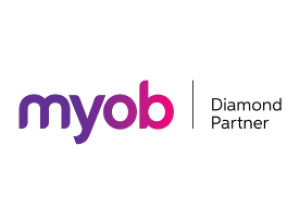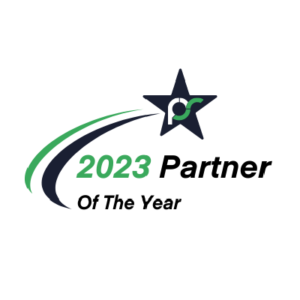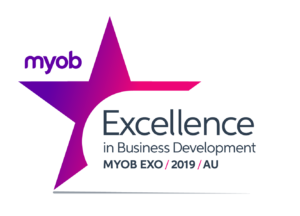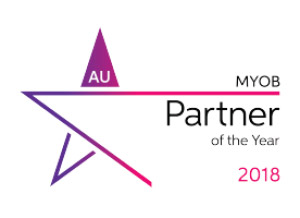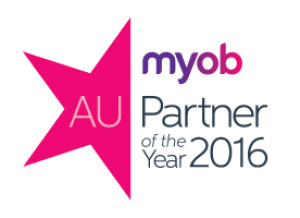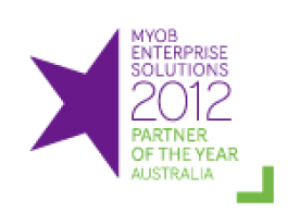Embracing DRP to move from stock shortages to smooth supply
MYOB Acumatica’s Distribution Requirement Planning (DRP) functionality improves efficiency and accuracy in your inventory management process.Inventory planning is the backbone of any successful wholesale distribution business. You need the right stock in the right place at the right time to fill customer orders and maintain streamlined operations.
A replenishment model is the established process for many businesses. However, emerging technology now supports Distribution Requirement Planning to forecast demand and predict consumer behaviour.
What is Replenishment?
Replenishment is the activity of stocking and restocking your available inventory as it becomes low. The goal is to ensure the right quantity is available at the right time to meet customer demand without running out of key products.
Inventory management is a fine balance between stocking out and overstocking. Replenishment aims to avoid overstocking by reordering when stock falls below minimum requirements. This process uses KPIs such as minimum stock thresholds and safety stock buffers to make future purchasing decisions.
Replenishment is naturally reactive. It relies on making sales and then replenishing when stock is low to fill in the gaps.
What is Distribution Requirements Planning?
Distribution Requirements Planning (DRP) is a strategic, future-focused model. It emphasises planning to ensure that each location always has the right stock level at the right time.
DRP is based on KPIs such as sales forecasts, sales order history, transfer lead times, and procurement lead times. It is a more proactive approach than replenishment as it predicts your requirements and makes orders ahead of time, so you have the right stock in place when needed.
DRP vs Replenishment
While replenishment and Distribution Requirements Planning (DRP) aim to keep inventory levels optimal, they differ in approach and strategy. Replenishment is reactive; responding to low stock triggers a reorder, usually based on predefined safety stock and buffer levels, reorder points, or lead times. It is ideal for day-to-day stock control within a single warehouse.
In contrast, DRP is proactive and forecast-driven. It looks ahead, using data from sales orders, forecasts, and lead times to plan inventory movements across a network of warehouses. DRP anticipates future demand across locations and generates supply suggestions, such as transfer orders from other warehouses or purchase orders (POs), before shortages occur.
While replenishment solves immediate needs, DRP enables forward-looking inventory planning that helps distributors optimise stock across their entire network.
DRP in MYOB Acumatica
MYOB Acumatica is a powerful, integrated business management system. It consolidates data from across your entire organisation so you can make accurate inventory decisions. Using DRP functionality, MYOB Acumatica can:
- Analyse sales order data and forecast future customer demand to determine the optimal inventory level for each warehouse,
- Determine and maintain safety stock levels across multiple warehouse locations,
- Optimise stock transfers across locations to balance stock levels and reduce the need for more purchasing,
- Increase procurement around periods of higher demand, adapting to market changes and lowering long-term stock holding costs.
MYOB Acumatica uses a phased planning approach to DRP. It considers inventory requirements over preconfigured spans to evaluate existing stock, outstanding or scheduled POs or transfers, and open sales orders and quotes to calculate demand. These spans can be defined to meet your specific business needs and whether you need longer or shorter phases. Common spans are 7-, 14-, and 21-day, or 30-, 60-, and 90-day phases. Adapting your purchasing to these data points is key to optimising inventory and reducing over- and understocking.

MYOB Acumatica Inventory and Distribution eBook
Download nowThe hybrid approach to inventory management
While DRP is the more sophisticated tool for large or complex operations, replenishment still plays a role in day-to-day inventory management.
MYOB Acumatica allows you to choose which model works best for each SKU or Item classification:
- Replenish fast-moving SKUs in single warehouses when required, and
- Manage regional planning, network optimisation, and seasonal forecasting with DRP.
This ensures you are adaptable and flexible to market changes, while also introducing tools to manage your complex inventory operations.
Replenishment should not exist in isolation from forecasting and DRP, and data from DRP can be used to make replenishment more effective. Replenishment relies on carrying appropriate safety stock. Safety stock is the quantity you anticipate requiring over the lead time of your next delivery. This means you will never run out of stock if the replenishment order is placed on time.
However, static safety stock levels will not factor in changing market demands or supply chain disruptions. Forecasting your changing requirements and using this information in your replenishment strategy will reduce the risk of disruptions to your warehouses.
How to enable DRP functionality in MYOB Acumatica
Talk to our team about the best way to enable DRP functionality in your MYOB Acumatica database. You can use these features to gain better control of your supply chain, avoid stock-outs and overstocking, and improve inventory efficiency. DRP is an extension of the Materials Requirement Planning (MRP) functionality in the Manufacturing capability, but is more applicable for organisations selling finished goods or working with kit assembly.
Kilimanjaro Consulting’s expert MYOB Acumatica consultants can configure DRP to support your inventory management requirements. Talk to us to assess your requirements and plan your future efficiency improvements. Email sales@kilimanjaro-consulting.com or call 1300 857 464 (AU) or 0800 436 774 (NZ).

